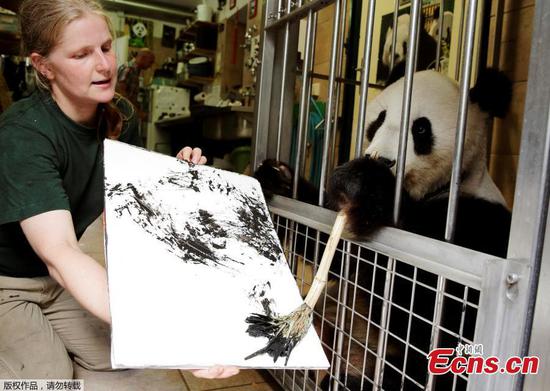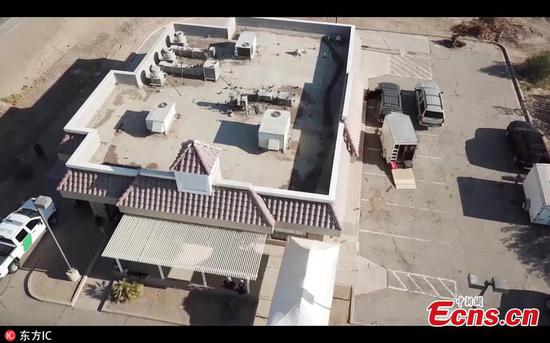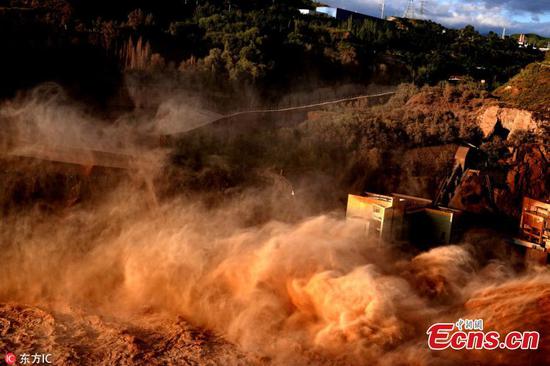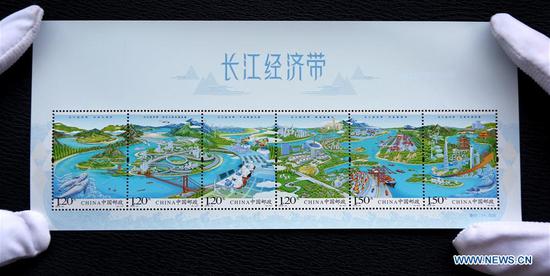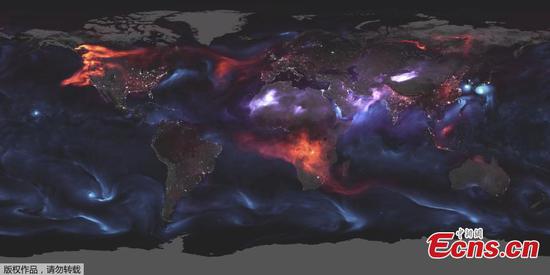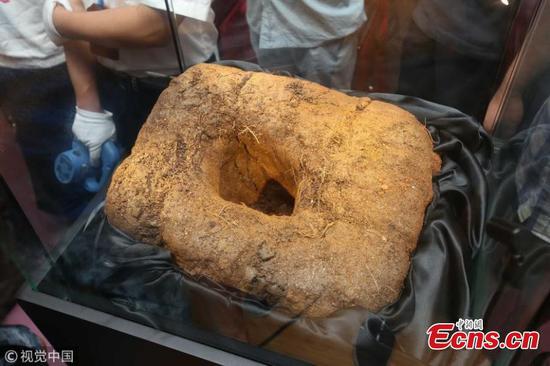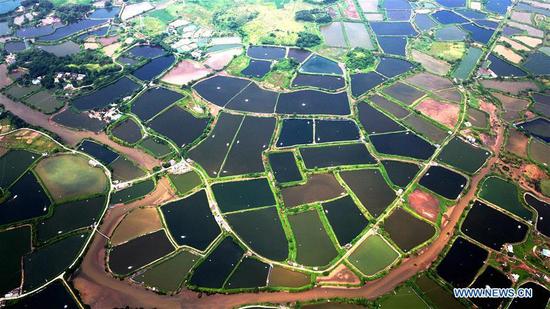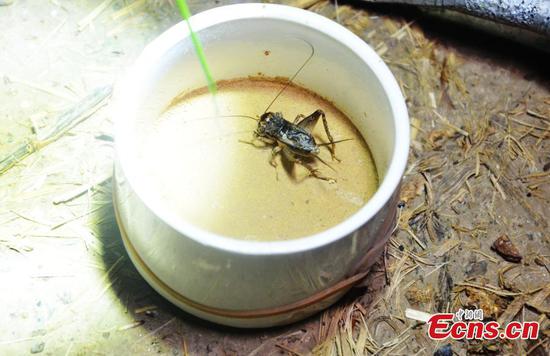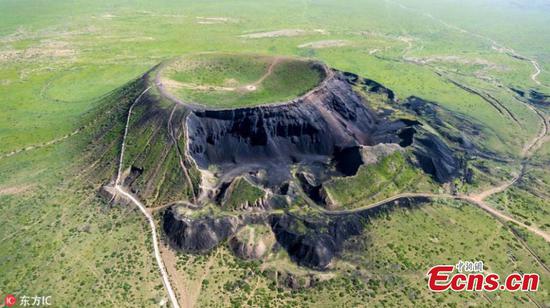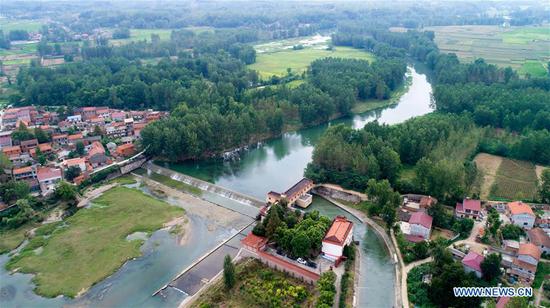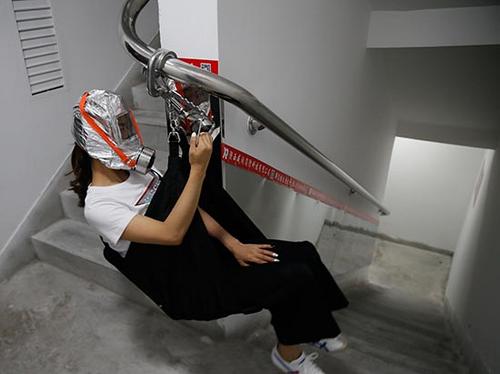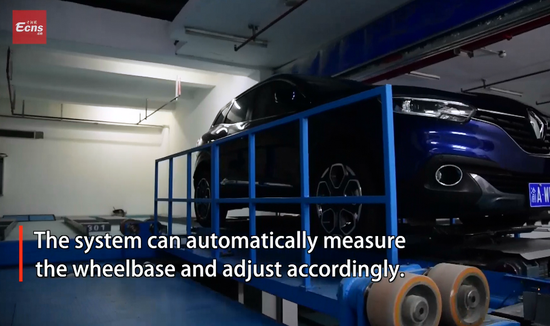In the nation's first environmental public-interest litigation with a provincial government as the plaintiff, a company was ordered to pay a hefty fine for discharging waste chemicals into rivers.
The Taizhou Intermediate People's Court in Jiangsu Province ruled on Monday that Haide Chemical Technology Co Ltd must pay 54.83 million yuan ($8.05 million) to Jiangsu provincial government for the environmental damage it caused by polluting water bodies.
The verdict said in 2014, a sales manager of the Haide company gave untreated alkali waste liquid weighing 102 tons to several individuals for disposal.
The alkali waste liquid was dumped into the Yangtze River and a canal in Taizhou city, severely polluting the waters and disrupting the water supply to the cities of Jingjiang and Xinghua.
The fine includes compensation for the repair cost of environmental damage and that for the loss of ecological services.
The case is the latest in a series of high-profile public-interests lawsuit against polluters after China revised the Environmental Protection Law to curb the worsening environment degradation.
The revised law, which took effect in 2015, introduced public interest litigation and expanded the definition of who can be plaintiff in these environmental cases.
In Jan 1, 2015, six chemical and pharmaceutical companies in Jiangsu province were ordered to pay 160 million yuan ($26 million) for discharging waste acid into two rivers.
In 2015, eight companies were ruled to pay 569 million yuan for dumping untreated waste in the Tengger Desert between Inner Mongolia autonomous region and Gansu province. The plaintiff was the non-profit organization China Biodiversity Conservation and Green Development Foundation.
In 2016, a company in Dezhou, Shandong province, was ordered to pay 21.98 million yuan for the air pollution it caused.










